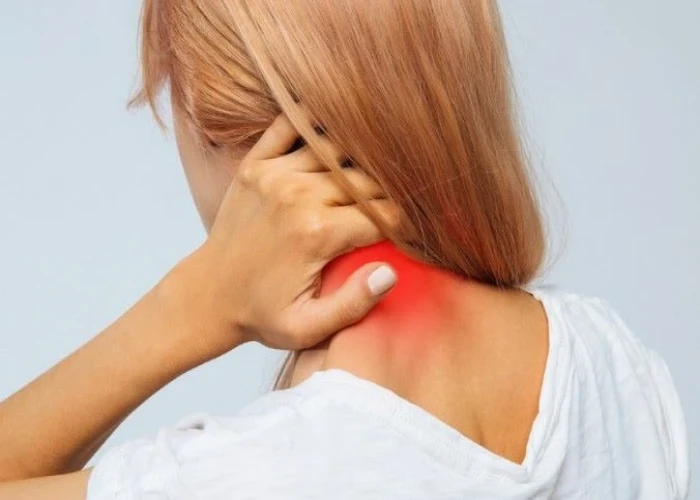 Welcome
Welcome
“May all be happy, may all be healed, may all be at peace and may no one ever suffer."
Pinched nerve
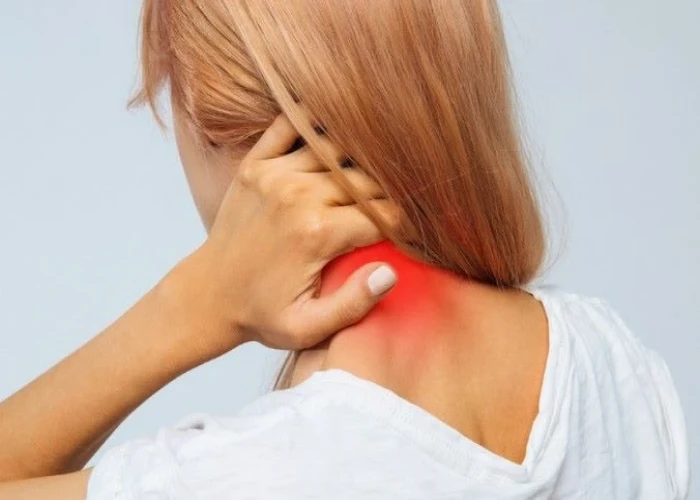
A pinched nerve, also known as a compressed nerve, occurs when a nerve is damaged or injured due to pressure, stretching, or constriction. This can happen anywhere in the body but is most common in the neck, back, and wrists.
Symptoms of a pinched nerve can vary depending on the location of the affected nerve but may include pain, numbness, tingling, or weakness in the affected area. For example, a pinched nerve in the neck may cause pain and tingling in the arms, while a pinched nerve in the lower back may cause pain and numbness in the legs.
Causes of a pinched nerve can include injury, poor posture, repetitive movements, arthritis, and herniated discs. Treatment for a pinched nerve may include rest, physical therapy, pain medication, and in some cases, surgery.
Prevention of a pinched nerve involves maintaining good posture, taking frequent breaks if you perform repetitive tasks, and avoiding activities that require repetitive or forceful movements. It is also important to maintain a healthy weight and engage in regular exercise to keep the body strong and flexible. If you suspect you have a pinched nerve, it is important to seek medical attention to avoid complications and prevent further damage to the affected nerve.
Research Papers
Disease Signs and Symptoms
- Numbness
- Muscle weakness
- Sharp, aching or burning pain, which may radiate outward
- Tingling, pins and needles sensations (paresthesia)
Disease Causes
Pinched nerve
A pinched nerve occurs when too much pressure (compression) is applied to a nerve by surrounding tissues.
In some cases, this tissue might be bone or cartilage, such as in the case of a herniated spinal disk that compresses a nerve root. In other cases, muscle or tendons may cause the condition.
In the case of carpal tunnel syndrome, a variety of tissues may be responsible for compression of the carpal tunnel's median nerve, including swollen tendon sheaths within the tunnel, enlarged bone that narrows the tunnel, or a thickened and degenerated ligament.
A number of conditions may cause tissue to compress a nerve or nerves, including:
- Injury
- Rheumatoid or wrist arthritis
- Stress from repetitive work
- Hobbies or sports activities
- Obesity
If a nerve is pinched for only a short time, there's usually no permanent damage. Once the pressure is relieved, nerve function returns to normal. However, if the pressure continues, chronic pain and permanent nerve damage can occur.
Disease Prevents
Pinched nerve
The following measures may help you prevent a pinched nerve:
- Maintain good positioning — don't cross your legs or lie in any one position for a long time.
- Incorporate strength and flexibility exercises into your regular exercise program.
- Limit repetitive activities and take frequent breaks when engaging in these activities.
- Maintain a healthy weight.
Disease Treatments
The most frequently recommended treatment for a pinched nerve is rest for the affected area. Your doctor will ask you to stop any activities that cause or aggravate the compression.
Depending on the location of the pinched nerve, you may need a splint, collar or brace to immobilize the area. If you have carpal tunnel syndrome, your doctor may recommend wearing a splint during the day as well as at night because wrists flex and extend frequently during sleep.
Physical therapy
A physical therapist can teach you exercises that strengthen and stretch the muscles in the affected area to relieve pressure on the nerve. The physical therapist may also recommend modifications to activities that aggravate the nerve.
Medications
Nonsteroidal anti-inflammatory drugs (NSAIDs), such as ibuprofen (Advil, Motrin IB, others) or naproxen sodium (Aleve), can help relieve pain. Anticonvulsants, such as gabapentin (Neurontin) and tricyclic medications such as nortriptyline (Pamelor) and amitriptyline are often used to treat nerve-related pain.
Corticosteroids, given by mouth or by injection, may help minimize pain and inflammation.
Surgery
If the pinched nerve doesn't improve after several weeks to a few months with conservative treatments, your doctor may recommend surgery to take pressure off the nerve. The type of surgery varies depending on the location of the pinched nerve.
Surgery may entail removing bone spurs or a part of a herniated disk in the spine, for example, or severing the carpal ligament to allow more room for the nerve to pass through the wrist.
Disease Diagnoses
Disease Allopathic Generics
Disease Ayurvedic Generics
Disease Homeopathic Generics
Disease yoga
Pinched nerve and Learn More about Diseases
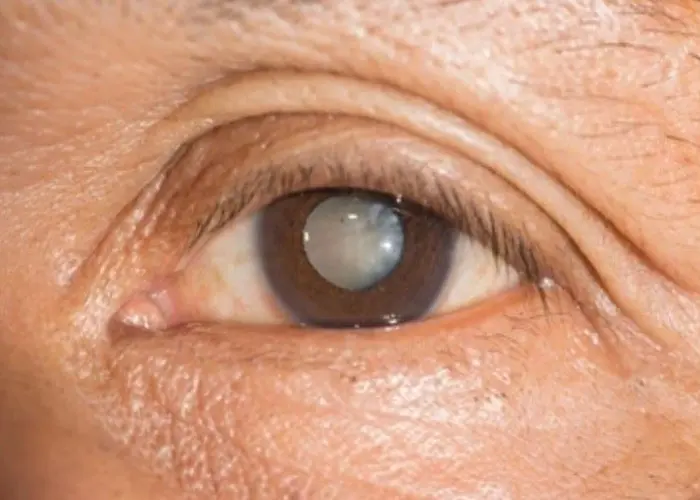
Cataracts

Genital warts

Sexually transmitted diseases (STDs)

Zika virus
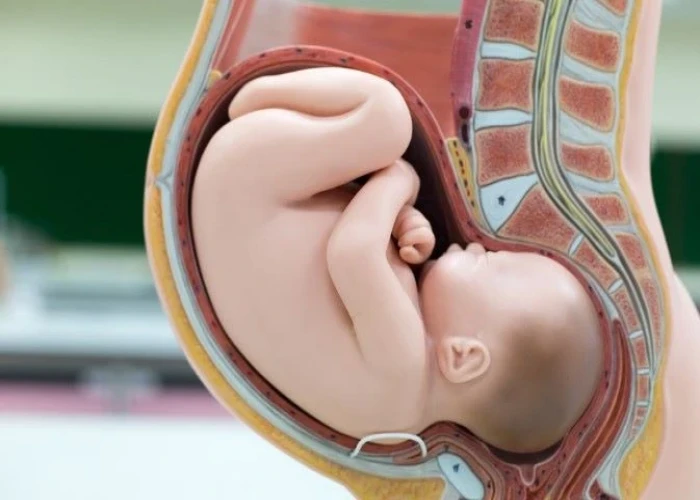
Polyhydramnios
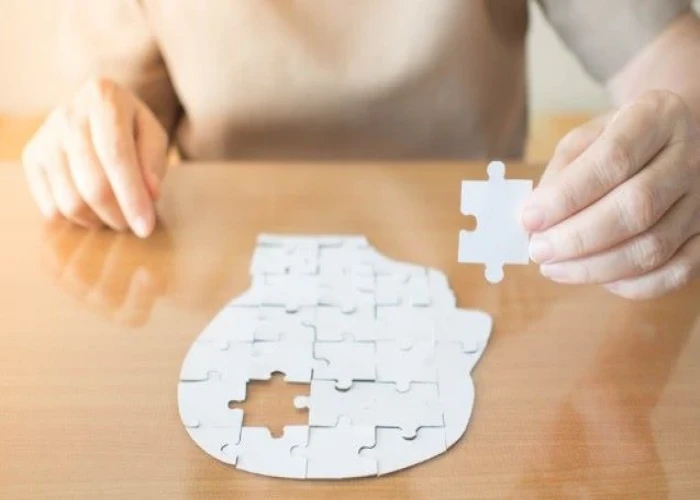
Mental illness

Naegleria infection
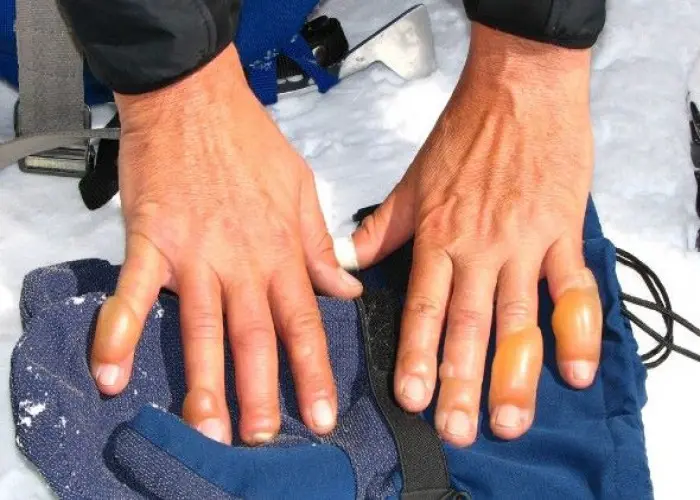
Frostbite
pinched nerve, পিনছেড নার্ভ
To be happy, beautiful, healthy, wealthy, hale and long-lived stay with DM3S.
